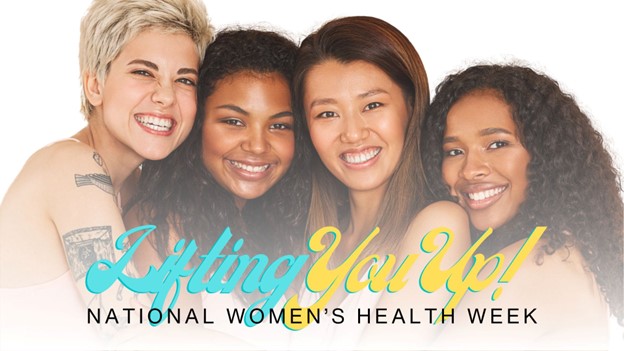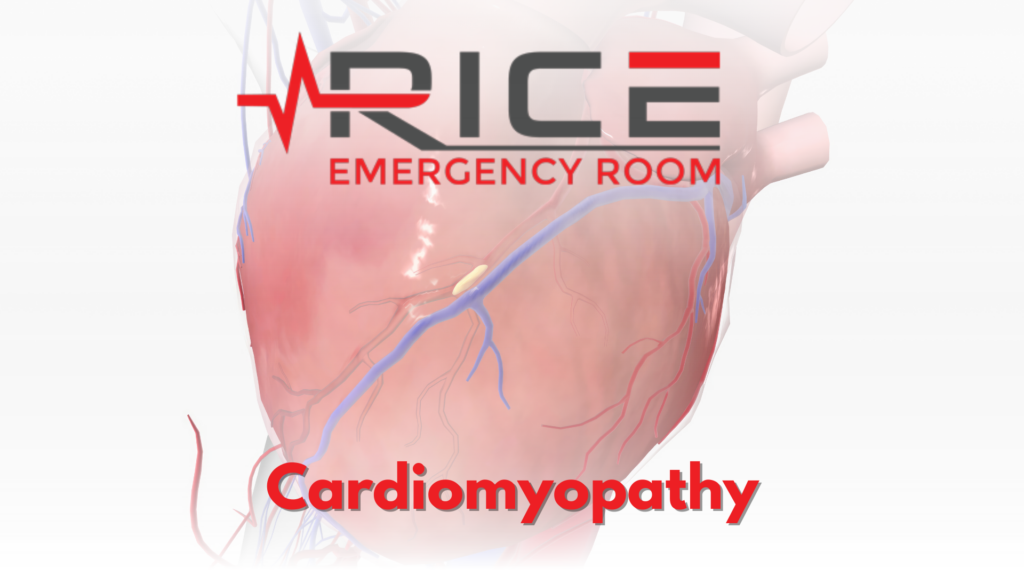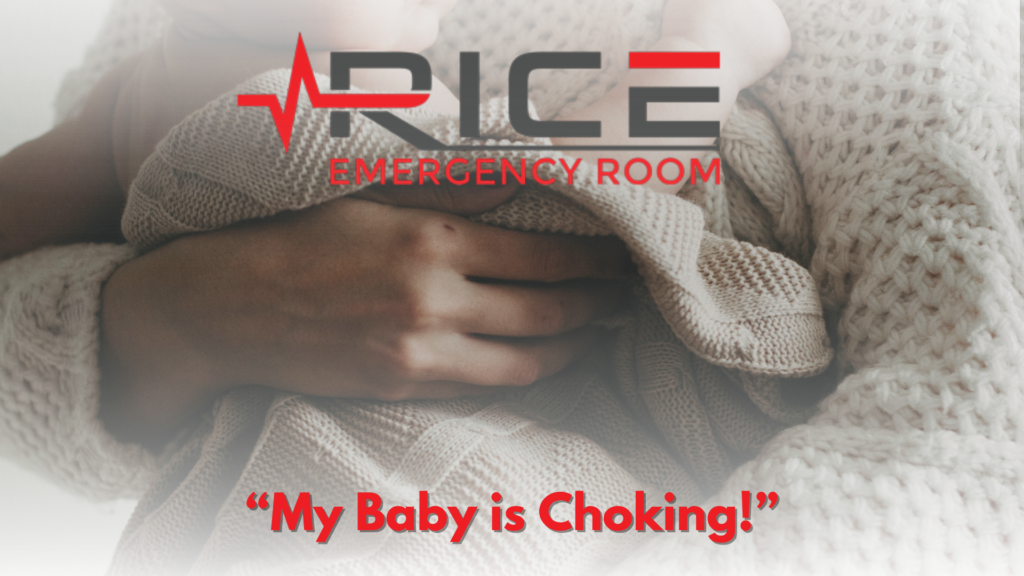National Women’s Health Week is celebrated each year, beginning on Mother’s Day, to encourage women and girls to make their health a priority. The theme for this year is, “Women’s Health, Whole Health: Prevention, Care and Wellbeing.”
The everchanging healthcare landscape brings women new ways to be healthy and detect disease early, but what about those things that affect us as we age, such as reproductive challenges, perimenopause, menopause, bone density concerns, mental health, heart health, blood sugar and so much more.
While communication with our doctors has never been easier because of social media and patient portals, women still find challenges in self-advocating for their health.
Get What You Need When You Need It – Don’t Wait
Personalized and consistent care is the key to healthy aging. You must self-advocate with your doctor. Finding a doctor you can communicate with and who you trust will go a long way to facilitating your health care. Be intentional with this. Having a history with the same doctor means you have a better chance of creating meaningful dialogue and addressing your concerns timely. At some point, an annual check-up is not going to be enough. Your doctor should be proactively managing testing for disease and cancer. Know the milestone ages for certain tests and if you haven’t had those tests – ask for them.
What’s on Your Wellness Wish List?
Before you get what you need, you must know what you need. Make a list of your most consistent healthcare habits, then ask yourself:
- What are the values that drive (or prevent) your self-care?
- What are your areas of greatest confidence relating to seeking healthcare?
- What are your fears about health and aging – and how to they get in your way?
- Who are your healthcare role models and how do they impact your behavior?
- Who are your healthcare providers as well as individuals you’d turn to in a crisis, and how do they help or hinder your efforts to manage your medical needs?
“The fatalists who subscribe to the do-nothing/we’re-all-gonna-die-anyway approach, you’re not completely wrong. You can be minding your own business and every law of the road and still get hit by an eighteen-wheeler. But that’s no reason not to get the brakes fixed on your car.”
Sharon Malone, M.D. “Grown Woman Talk”
When to Do What
Find out about screenings and exams you may need and when they should occur. You can also explore the covered preventive services for women and other services available for women at no cost.
If you are pregnant or within the year after delivery, seek immediate care from a healthcare provider if you are experiencing urgent maternal warning signs.
If anything doesn’t feel right or is concerning. Make an appointment or contact your doctor or nurse by phone or e-mail. Write down any questions or issues you may have and take them to your appointment.
The Office on Women’s Health has a great resource of downloadable checklists on what to do and when from the time you are in your 20’s until your 90’s. You can access the website information HERE (OASH, 2024)
What You Must Know
Your family health history is a roadmap to your future. It is documentation of known diseases in your family tree.
Know that it wasn’t until 1993 that NIH mandated the inclusion of women in large clinical trials. Even today, no large-scale studies have been enacted to address the special health concerns of perimenopausal women. So, women must advocate for optimal healthcare. (CDC)
Know your personal health history and create a comprehensive record of your own health.
- Age, height, weight
- Immunizations
- Allergies
- Chronic Conditions
- Medicines
- Hospitalizations and Surgeries
If you’ve had multiple primary care physician providers over the years, be sure you request a copy of your records be sent to your current healthcare provider. This is one of those self-advocating practices that can make a difference.
10 Things You Can Do with Your Besties to Be Accountable for Your Health
- Regular Exercise Routine: Engaging in physical activities together, such as walking, yoga, or dance classes, can promote cardiovascular health, flexibility, and overall well-being.
- Healthy Cooking Workshops: Organize cooking sessions where you explore and prepare nutritious meals together, focusing on ingredients that support bone health, cognitive function, and immune system strength.
- Mental Health Support: Arrange gatherings for open discussions about mental health challenges unique to women, providing a supportive environment for sharing experiences and seeking professional advice if needed.
- Regular Health Screenings: Encourage each other to schedule and attend routine health check-ups, including mammograms, Pap smears, bone density tests, and cholesterol screenings, to detect potential health issues early.
- Mindfulness and Meditation Sessions: Practice mindfulness techniques and meditation as a group to manage stress, improve sleep quality, and enhance emotional resilience, which are all crucial for healthy aging.
- Nature Retreats: Plan trips to natural settings for activities like hiking, camping, or simply spending time outdoors, which can boost mood, reduce stress, and promote physical activity.
- Financial Health Seminars: Host workshops or invite experts to discuss financial planning, retirement savings, and healthcare options, empowering each other to make informed decisions about financial well-being.
- Social Support Networks: Foster strong social connections by organizing regular meet-ups, book clubs, or hobby groups, as maintaining friendships and socializing can have positive effects on mental and emotional health.
- Educational Workshops: Arrange educational sessions on topics like menopause, nutrition for aging women, managing chronic conditions, and maintaining a healthy lifestyle, providing valuable information and resources.
- Regular Health Challenges: Set monthly health challenges focused on specific areas like hydration, sleep quality, stress management, or fitness goals, and support each other in achieving these objectives for long-term health benefits.
You’re In Charge
No matter what, decide! Decide to put your health first. If you’re the daughter of an aging Mom, sit down with her over coffee and talk about how important her health is to you. Make her know she matters and help her create new and invigorating ways to age with grace. Age gracefully, live healthy! It’s our mantra at Rice Emergency Room.
You can start the conversation with us today. Take our hormone optimization quiz and get a baseline for your hormonal balance and thyroid function. We have real solutions that work.
We honor the women who we care for through our practice, every day, every year of their life.
Works Cited
Malone, S. (2024). Family Affair. In Grown Woman Talk: Your Guide to Getting and Staying Healthy (pp. 28–43). essay, Crown Publishing.




